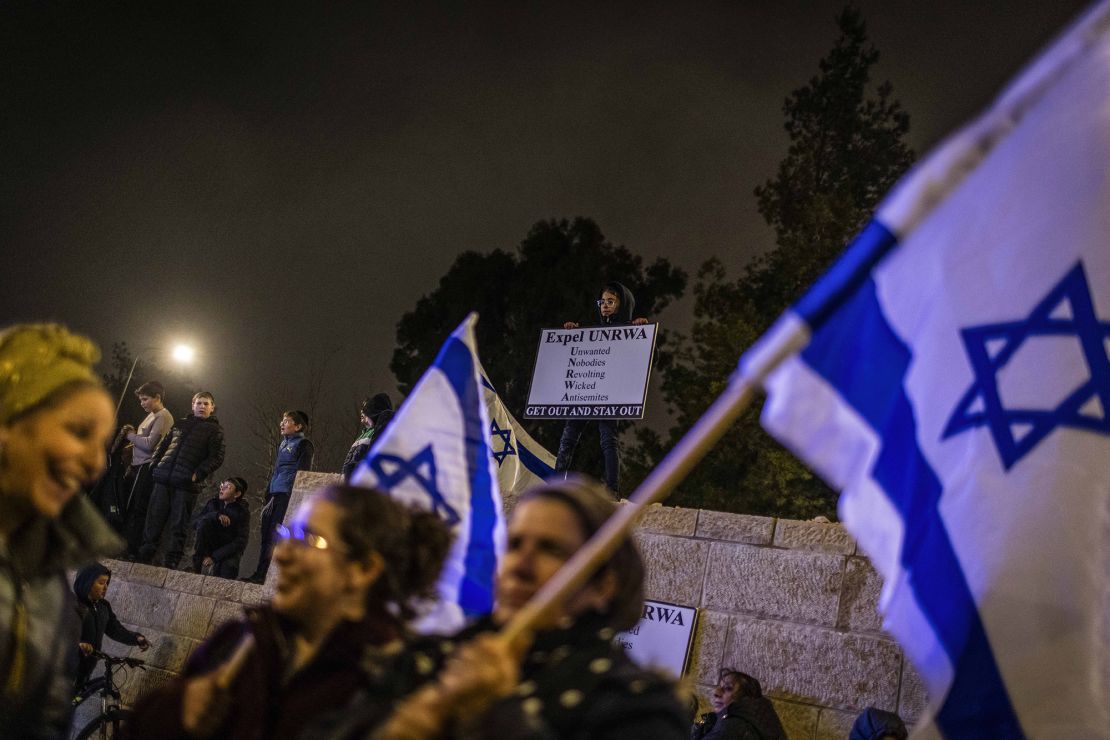Israel’s parliament, the Knesset, recently passed two laws banning the United Nations Relief and Works Agency for Palestine Refugees (UNRWA) from operating within its borders. The legislation also prohibits Israeli authorities from engaging with UNRWA, repealing the 1967 treaty that had allowed the agency to provide essential services for Palestinian refugees in areas under Israeli control.
This decision is expected to significantly limit the reach of UNRWA’s support for millions of Palestinians who rely on the agency for healthcare, education, food, and shelter in the occupied territories.
The laws were introduced by Knesset member Boaz Bismuth, who equated UNRWA with Hamas, a Palestinian militant group, and argued that the agency supports anti-Israel sentiment.
The bills were passed despite resistance from Arab members of parliament and pressure from international allies, with one law receiving 92 votes in favor and 10 against, and the other passing with 87 to 9. UNRWA Commissioner-General Philippe Lazzarini condemned the laws, calling them a violation of international law and part of a campaign to delegitimize UNRWA’s humanitarian work for Palestinian refugees.
The international community reacted strongly, with countries like the United States expressing deep concern over the consequences of the ban on Palestinian refugees’ access to basic needs.
The US State Department had warned Israel against passing the legislation, highlighting the essential role UNRWA plays in Gaza, especially as ongoing conflict exacerbates humanitarian needs. US Secretary of State Antony Blinken previously cautioned Israel that these laws could impact US policies and support for Israel.

Israel Passes Ban on UN Refugee Agency, Impacting Services for Millions of Palestinians
Israeli officials have long expressed a desire to dissolve UNRWA, arguing that it perpetuates the refugee status of Palestinians and fosters anti-Israel sentiments. They also accuse UNRWA of employing individuals linked to Hamas and claim its curriculum encourages hostility toward Israel.
UNRWA has denied these accusations, stating that there is no basis for such broad allegations and emphasizing that it employs over 30,000 individuals who assist Palestinian refugees across the Middle East, including 13,000 in Gaza.
UNRWA was established in 1949, a year after the creation of Israel and the Palestinian “Nakba” (catastrophe), which led to the displacement of hundreds of thousands of Palestinians.
The agency initially served 750,000 refugees and now supports nearly 6 million across the region, including in Gaza, the West Bank, and East Jerusalem. In Gaza alone, around 1.7 million Palestinians depend on UNRWA services for daily necessities, making it the primary aid provider in the enclave.
With the ban, the future of these services remains uncertain. UN Secretary-General António Guterres has warned that the legislation could worsen humanitarian conditions in Gaza, calling it a potential “catastrophe” amid already severe deprivation.
UNRWA’s reach includes running food distribution centers, schools, and health services, which have been critical for Palestinian communities, particularly those living under abject poverty. The US State Department noted that Israel would be expected to fill the service gap if UNRWA’s activities ceased.
In response, numerous foreign ministers, including those from the US, UK, France, and Australia, have urged Israel to reconsider the ban, emphasizing UNRWA’s irreplaceable role in supporting Palestinians’ basic needs.
While the US suspended its funding to UNRWA earlier this year over alleged Hamas links, it still opposes the Israeli ban. Critics within Israel argue that the legislation aims to erase Palestinian refugee status, further complicating the broader regional peace efforts.
